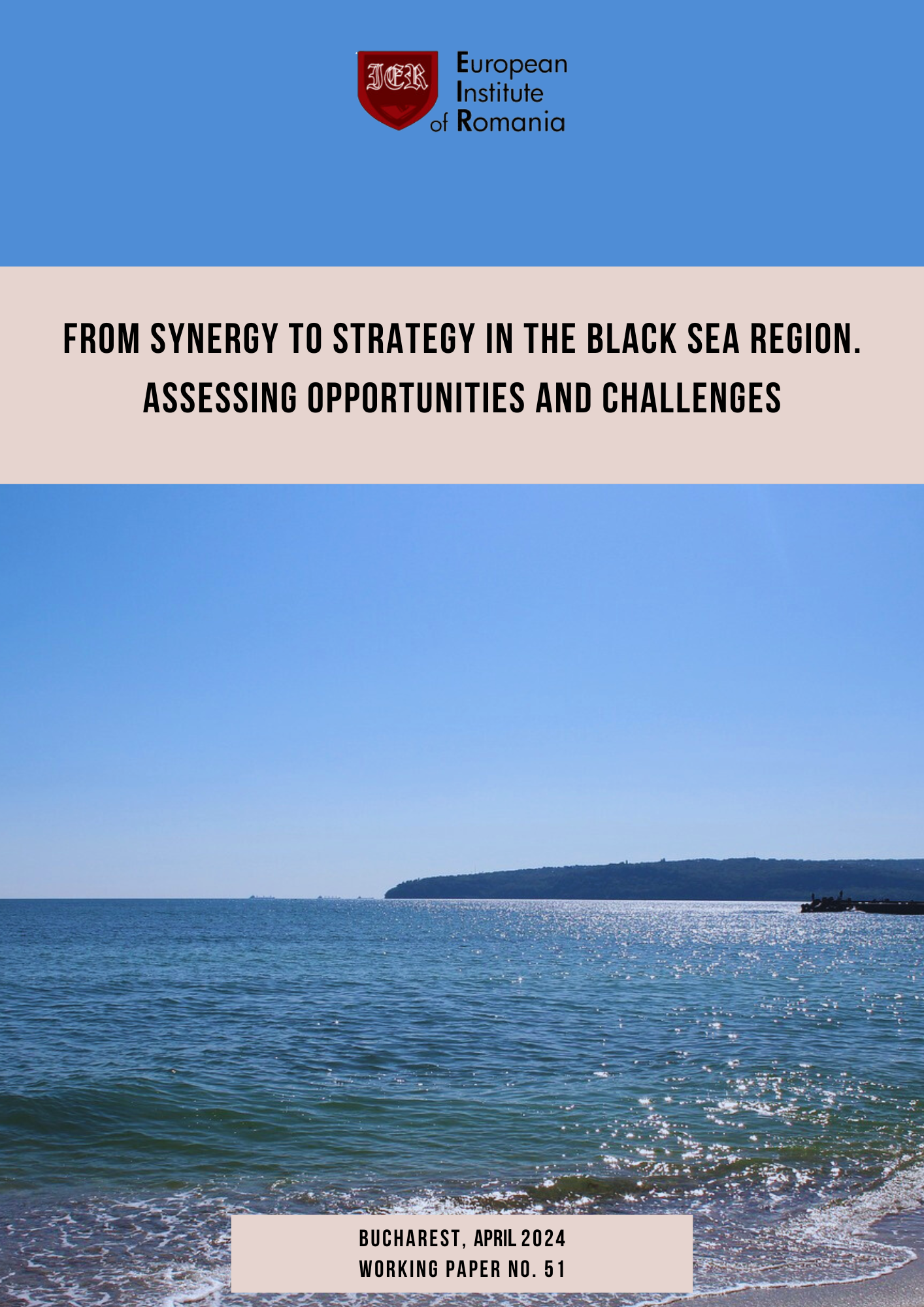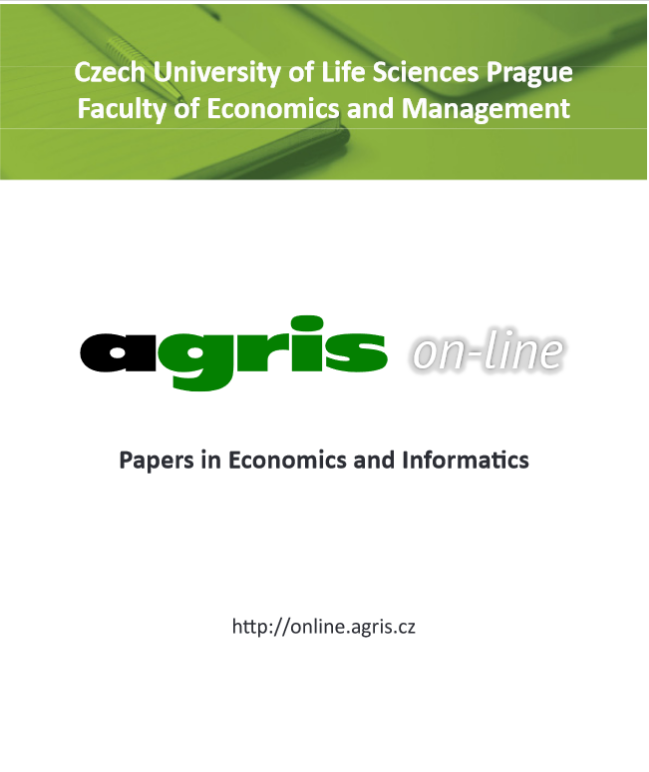2nd Visegrad conference
Institute of World Economics, Centre for Economic and Regional Studies
7th and 8th of June, 2022
Venue: online (zoom) and KRTK VGI (1097 Budapest, Tóth Kálmán u. 4. K011-12 rooms)
The second Visegrad conference concentrates on various actual areas of cooperation and comparison between the four countries. The Visegrad economies form a unique group of European countries, with numerous common elements of history, politics, geography, economics, business, science, arts and culture. These common elements have been shaped, influenced and modified by many external and internal factors over the history, including cooperation between these countries at many levels and spanning many centuries. Due to these numerous common characteristics, in the various areas of analysis, the four countries act as „natural” comparative partners for each other. It is easier to understand developments and challenges faced by one country in the context of Visegrad comparison. It is easier to understand, what is going on in the Central and East European part of Europe, if all four countries are analysed. This has induced the organisers to follow the pathway started a year ago and put other areas under the magnifying glass.
Preliminary programme of the conference
7 June
8.50-9.00 Opening of the conference
9.00-10.00 Keynote speech by Richard Grieveson (WIIW, Austria): A new growth model in EU-CEE?
10.00-10.15 Coffee break
10.15-12.00 Session 1: Global value chains and FDI in the Visegrad countries
Artur Klimek (University of Wroclaw, Poland): Economic upgrading: global value chains participation and multinational enterprises
Péter Vakhal (KOPINT, Hungary): The evolution of global value chains in the CEE region between 1995 and 2018
Tomáš Dudáš (Pan-European University, Slovakia): GVCs in Slovakia with a focus on automotive GVCs
Magdolna Sass (CERS and Budapest Business School, Hungary) and Tamás Gáspár (BGE): Foreign economic relations of Hungary with selected Asian countries: the role of global value chains
12.00-13.00 Lunch
13.00-14.30 Session 2: Student Session: Insights into the Chinese economy and business with special reference to the Visegrad countries
Emese Dobos and Wenxuan Song (Corvinus University, Hungary): New (Silk) Roads: The Chinese Textile and Garment Industries relations to Europe and V4 countries
Carlos Raul Lima da Frota Araujo (Corvinus University, Hungary): Governance and institutions of countries in the Belt and Road Initiative
Gergely Buda (Corvinus University, Hungary): The winner takes it all? Who Benefits from China’s Increasing Presence in Francophone Africa?
Bi Shulei (Budapest Business School, Hungary): Development strategy of Chinese cross-border e-commerce SMEs under the background of Covid-19
14.30-14.45 Coffee break
14.45- 16.30 Session 3: The impact of the Russia-Ukraine war on the Visegrad countries (roundtable discussion)
Participants:
Iikka Korhonen (Bank of Finland Institute for Emerging Economies, Finland)
Vasily Astrov (WIIW, Austria)
András Deák (CERS, Hungary)
Moderator: John Szabó (CERS, Hungary)
16.30-17.00 Dinner
8 June
9.00 – 13.00 Session 4: GVCs in Central Europe – A Perspective of the Automotive sector after Covid-19
9.00 -9.10. Welcome words by Andrea Éltető and Stanislav Zábojník
9.10 – 9.40 Keynote speech by Csaba Kilián, director of the Hungarian Automotive Association: Challenges of the Hungarian Automotive Industry
9.40 – 9.55 Andrea Szalavetz (CERS, Hungary): Innovation, GVCs and Visegrád countries
9.55-10:05: Q&A
10:05 -10:30. Iveta Černá (University of Economics, Czech Republic): Czech Automotive Sector – Current Position and Challenges
10.30 – 10.50: Eva Krenková (University of Economics, Czech Republic): Resilience in the Czech automotive companies
10.50 – 11.00 Q&A
11.00 – 11.15: Coffee Break
11.15 – 11.50: Stanislav Zábojník (University of Economics, Slovakia): Added value in the Slovak automotive sector – challenges and policy recommendations
12.00 – 12.50: Eliza Przeździecka, Andżelika Kuźnar (Warsaw School of Economics, Poland): Poland in GVCs – the case of the automotive sector
12.50-13.00: Closing of the conference
Participation is free of charge but you need to register at vincze.andrea@krtk.hu and indicate whether you participate offline or online.







